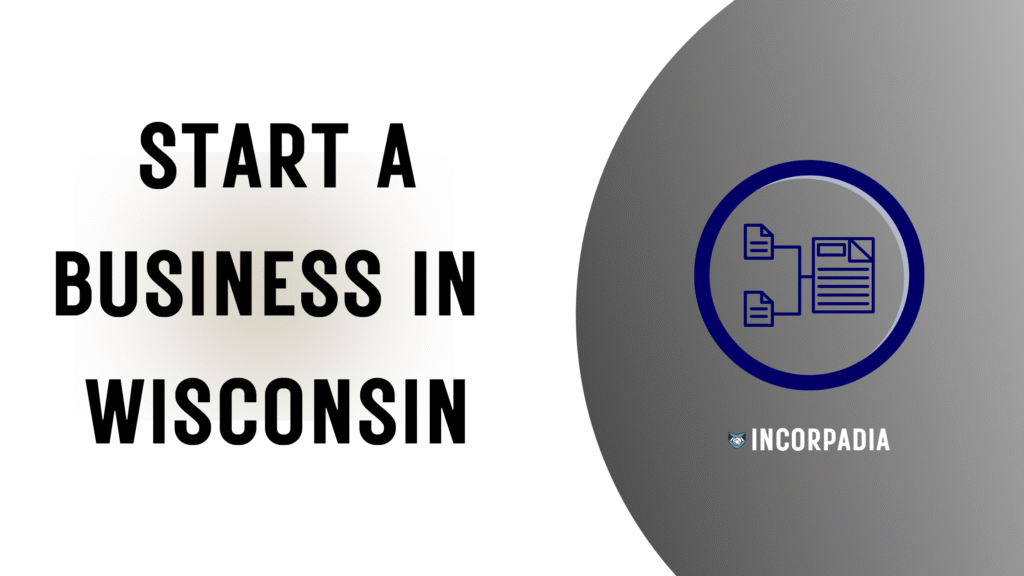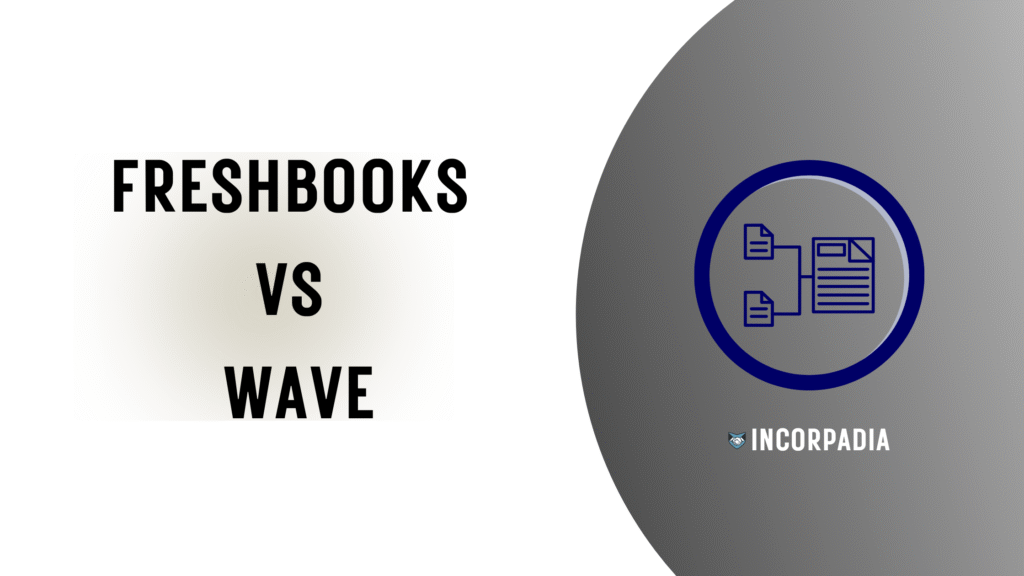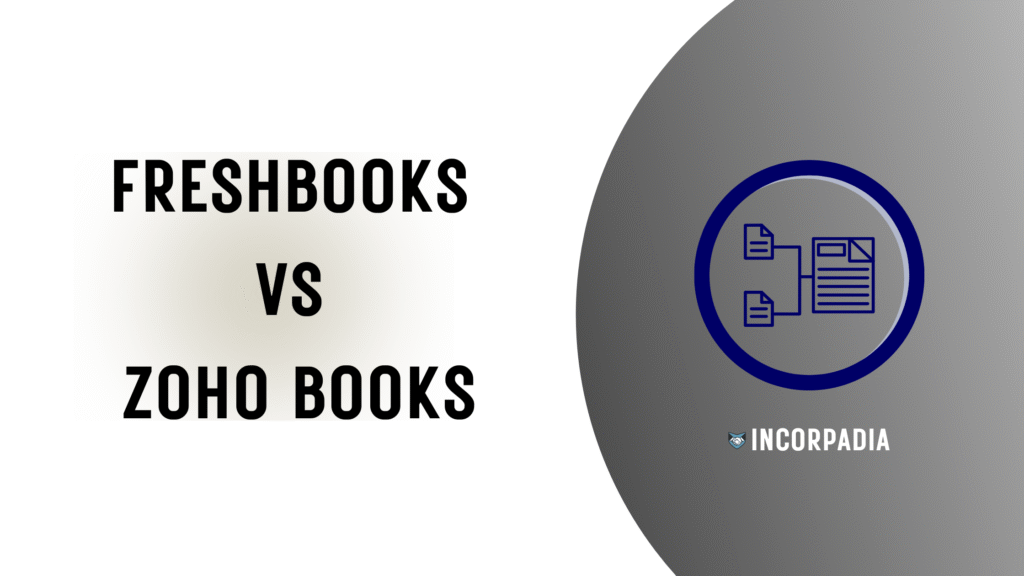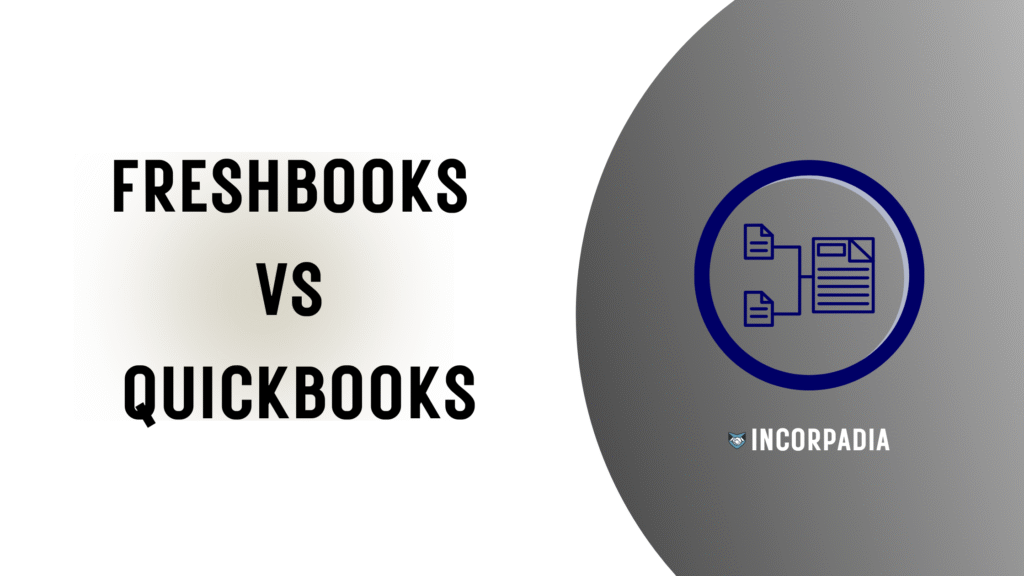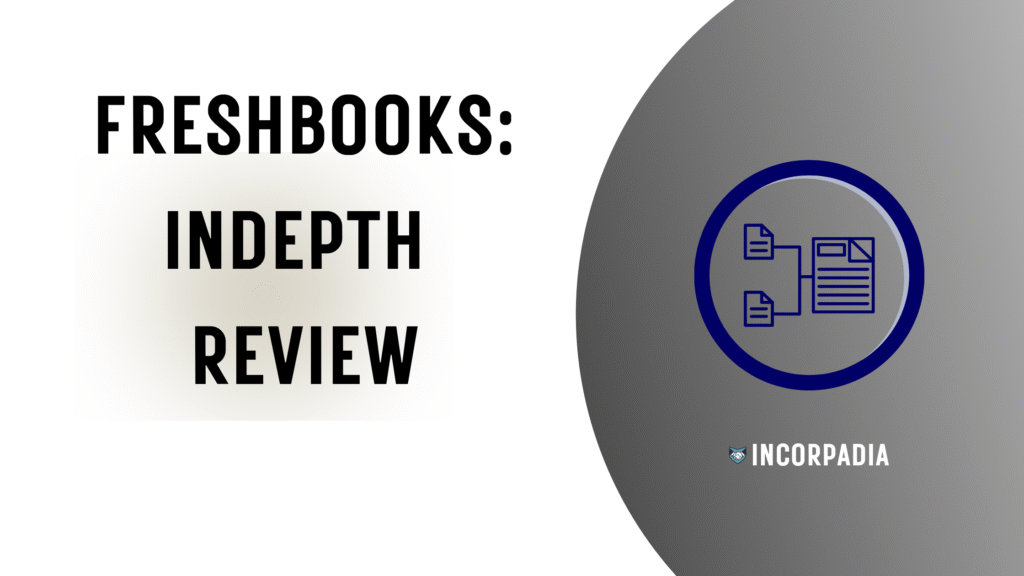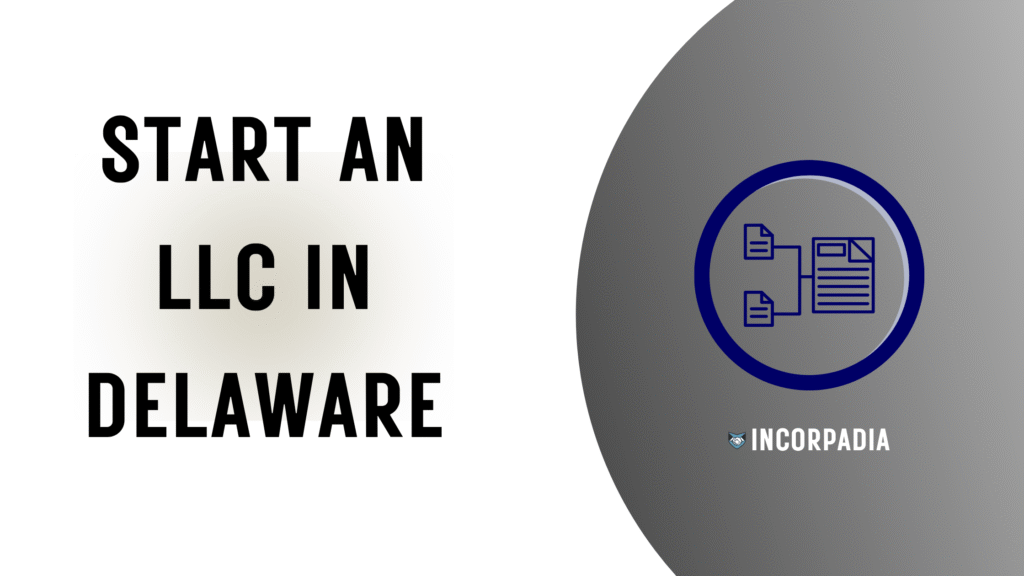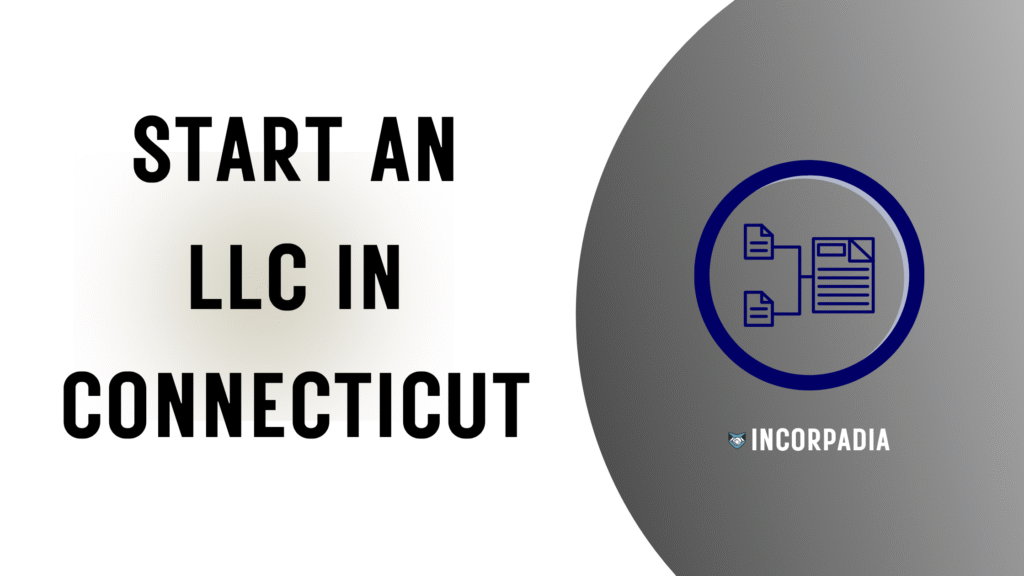Starting a business is an exciting venture, and Wisconsin offers a thriving environment for entrepreneurs to establish and grow their businesses. Whether you’re looking to start a small family-run shop or a large corporation, Wisconsin has the infrastructure, support, and resources to help you succeed. From understanding the business landscape to navigating the legal and financial requirements, the process can seem overwhelming. But don’t worry, we’re here to break it down step by step.
In this guide, we’ll walk you through the essential steps on how to start a business in Wisconsin, from creating a business plan to marketing your business. By following this comprehensive plan, you’ll be well on your way to turning your entrepreneurial dreams into reality.
How to Start a Business in Wisconsin?
Starting a business in Wisconsin is a process that requires thoughtful planning and dedication. As with any state, there are various administrative and legal steps to take before you can officially open your doors for business. Below, we’ve outlined the steps you should follow to start your business in Wisconsin successfully.
Step 1: Create a Business Plan
A business plan is a crucial first step when starting any business. It serves as a roadmap for your business and outlines your goals, strategies, and how you plan to achieve them. A well-structured business plan can also be vital when seeking funding or support from investors or lenders.
A good business plan typically includes:
- Executive Summary: This section provides a brief overview of your business, including your mission, vision, and the products or services you offer.
- Market Analysis: Understanding your target market, potential customers, and competitors is essential. This section should cover the current market trends, consumer behaviors, and how your business fits into this landscape.
- Organization and Management: Describe the structure of your business, including ownership, team members, and roles.
- Services or Products: What will you be selling or providing? This section should describe in detail the product or service you’re offering, its benefits, and how it meets the needs of your target audience.
- Marketing and Sales Strategy: Outline how you plan to promote and sell your product or service. This includes advertising methods, pricing strategies, sales tactics, and more.
- Financial Projections: Financials are a major part of any business plan. Include income statements, cash flow projections, and break-even analysis to demonstrate the financial viability of your business.
Starting with a solid business plan helps you stay focused and provides a framework to measure your progress. It also helps you identify potential challenges early on and gives you a strategy to overcome them.
Step 2: Choose a Business Entity in Wisconsin
One of the most important decisions you’ll make when starting a business is choosing a legal structure. Your choice of business entity will affect your taxes, liability, and how you run your business. Here are the most common types of business entities in Wisconsin:
Sole Proprietorship
A sole proprietorship is the simplest form of business entity. It is owned and run by one person, with no separation between the business and the owner. This means you are personally liable for any business debts or legal issues. While it’s easy and inexpensive to set up, it can be risky, as your personal assets are at stake.
Limited Liability Company (LLC)
An LLC is one of the most popular business structures for small businesses. It provides the flexibility of a sole proprietorship with the added benefit of limited liability protection. This means that the personal assets of the owner(s) are protected from business debts and legal issues. In Wisconsin, an LLC requires filing Articles of Organization with the Wisconsin Department of Financial Institutions (DFI).
Limited Liability Partnership (LLP)
An LLP is a partnership in which some or all partners have limited liability. This structure offers protection for individual partners from debts and obligations, meaning that they are not personally responsible for the business’s debts or liabilities. It’s often used by professional service providers, such as law firms and accounting offices.
Corporation (C-Corp or S-Corp)
A corporation is a separate legal entity from its owners, meaning that the business is liable for its own debts and obligations. Owners (shareholders) are not personally responsible for the debts of the corporation. There are two primary types of corporations: C-Corp and S-Corp.
- C-Corp: A C-Corp is taxed separately from its owners, meaning it faces double taxation (once on the corporate level and again on dividends).
- S-Corp: An S-Corp is similar to a C-Corp, but the profits and losses are passed through to the shareholders’ personal tax returns, avoiding double taxation.
Each business entity type has its advantages and disadvantages, depending on your goals and circumstances. Be sure to consult with a legal professional or accountant to determine the best structure for your business.
Step 3: Determine Your Wisconsin Business Costs
Before you start your business, it’s essential to estimate the costs involved in setting up and running your operation. These costs can vary depending on your industry, location, and business size, but common expenses for starting a business in Wisconsin include:
- Business Registration Fees: These are the fees for registering your business with the state. Depending on the business structure you choose (e.g., LLC or corporation), the registration fee can vary.
- Licenses and Permits: Depending on the nature of your business, you may need specific licenses or permits. This can include everything from local business licenses to health permits or professional certifications.
- Insurance: Business insurance is essential for protecting your assets and your business. Common types of insurance include general liability, property, and workers’ compensation insurance.
- Equipment and Supplies: Depending on your business type, you may need to purchase equipment, office supplies, or inventory to get started.
- Rent or Lease: If you’re planning to open a physical location, you will need to budget for rent or lease expenses. This is often one of the largest startup costs for a business.
- Marketing: Marketing expenses will include website development, advertising, branding, and promotional materials to attract customers.
Make sure you understand all the costs involved before you begin. Having a clear idea of your startup costs will help you avoid unexpected financial burdens.
Step 4: Name Your Business in Wisconsin
Choosing the right name for your business is a vital part of your branding. Your business name should reflect your brand, be easy to remember, and be legally available.
In Wisconsin, the name you choose for your business must meet specific legal requirements:
- Uniqueness: The name you choose must be distinct from other businesses already registered in Wisconsin. You can check for name availability through the Wisconsin Department of Financial Institutions (DFI) website.
- Compliance: Some business structures require specific phrases or words in their names. For example, LLCs must include “Limited Liability Company” or “LLC” in their name.
- Domain and Trademark: Check that the domain name for your business is available. A matching domain can help reinforce your online presence. Also, consider trademarking your business name to protect it legally.
Once you’ve chosen a name, you can register it with the DFI (for corporations, LLCs, etc.) or the local county clerk’s office if you’re using a Doing Business As (DBA) name.
Step 5: Register Your Business in Wisconsin
To legally operate your business in Wisconsin, you’ll need to register it with the state. The process can differ depending on the business entity you choose. Here’s a general overview of the registration process:
Get a Wisconsin Registered Agent
A registered agent is a person or business responsible for receiving legal documents and official correspondence on behalf of your business. Wisconsin requires all LLCs, corporations, and limited partnerships to have a registered agent with a physical address in the state.
Apply for a Wisconsin Formation Document
If you’re forming an LLC or corporation, you’ll need to file formation documents with the Wisconsin Department of Financial Institutions (DFI). For an LLC, this document is called the Articles of Organization, while corporations must file Articles of Incorporation.
Request an Employer Identification Number (EIN)
An Employer Identification Number (EIN) is a unique identifier for your business, similar to a Social Security number for individuals. You’ll need an EIN for tax purposes, hiring employees, and opening a business bank account. You can obtain an EIN through the IRS online application.
Step 6: Apply for Business Licenses and Permits
Depending on your business type, you may need to apply for specific licenses or permits to legally operate in Wisconsin. These may include:
- State Licenses: For industries such as food service, healthcare, and real estate, you’ll need specific state-level licenses or permits.
- Local Permits: Check with your local city or county government to ensure you have all the necessary permits to operate legally. This might include zoning permits, health permits, or building permits.
- Industry-Specific Licenses: If your business requires a specialized license (e.g., liquor license, childcare certification), be sure to obtain this before opening.
Step 7: Get a Bank Account
Opening a separate business bank account is a crucial step in managing your finances. A business bank account keeps your personal and business finances separate, simplifies bookkeeping, and helps build your business credit.
When selecting a bank for your business, consider factors such as fees, services offered, and online banking capabilities. You’ll likely need to provide your EIN, business formation documents, and other identification.
Step 8: Market Your Business in Wisconsin
Once you’ve established your business, it’s time to attract customers. Effective marketing will help you grow your customer base and build your brand. Here are a few strategies to consider:
- Create a Website: An online presence is essential in today’s digital world. Your website should showcase your products or services, provide contact information, and include any promotions or special offers.
- Social Media: Use platforms like Facebook, Instagram, and Twitter to engage with your target audience and share updates about your business.
- Local Advertising: Consider advertising in local newspapers, magazines, or on local radio stations. You can also use flyers, posters, and billboards to reach your community.
- Networking: Join local business associations, attend networking events, and participate in trade shows to meet potential customers and partners.
Important Information
Do You Need Business Insurance?
While business insurance isn’t mandatory in all cases, it’s highly recommended. Insurance protects your business from unexpected events that could harm your financial stability. Common types of insurance include general liability, property insurance, and workers’ compensation.
What Is the Most Profitable Type of Business?
The most profitable type of business depends on various factors, such as market demand, location, and your business skills. In Wisconsin, some of the most profitable industries include manufacturing, technology, agriculture, and healthcare. Conducting market research is essential for identifying profitable opportunities.
FAQs
How much does it cost to start a business in Wisconsin?
The cost of starting a business in Wisconsin depends on your business type and industry. Common expenses include registration fees, licenses, insurance, equipment, and marketing costs.
Can I start a business in Wisconsin without being a resident?
Yes, non-residents can start a business in Wisconsin. However, you must have a registered agent located in Wisconsin.
Are there grants available for new businesses in Wisconsin?
Yes, the state offers grants and funding opportunities for new businesses, particularly those in high-growth industries. Be sure to research available programs and requirements.

